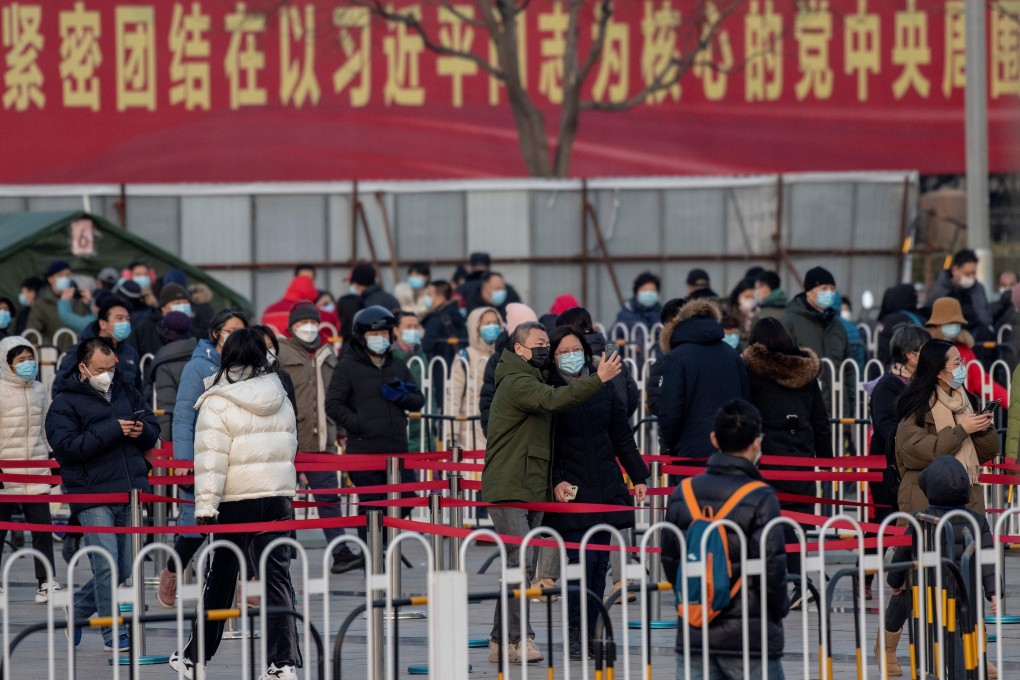Advertisement
Coronavirus: China National Biotec Group vouches for its vaccine against mutant strains spreading overseas
- Along with foreign vaccine developers, CNBG assures that its vaccine will protect against new Covid-19 variants
- Chinese CDC researcher says scientists are prepared for mutations and could modify an inactivated vaccine within two months
Reading Time:3 minutes
Why you can trust SCMP
3

A Sinopharm Covid-19 vaccine is effective against coronavirus variants, including the mutated strain found in Britain, the chairman of China National Biotec Group has told state media Xinhua after vaccine developers Pfizer-BioNTech and Moderna also said their jabs worked against new variants.
“Data we have collected so far shows antibodies produced by our inactivated vaccines can cover all viruses isolated from different parts of the world,” said Yang Xiaoming, who is chairman of the state-owned Sinopharm subsidiary as well as the chief scientist of the vaccine project.
He also gave an assurance that the vaccine was safe, saying he and other scientists got their jabs in March last year to test it. To monitor antibody levels, 60 vials of blood had been drawn from Yang over nine months, he said.
Advertisement
“Biologists in China say we develop vaccines that we will use on our families. This is our pursuit and shows our confidence,” he said.
Since the vaccine was authorised for emergency use in July last year, millions of doses have been administered and no infections have been reported among 70,000 people who went to work overseas in some 100 countries with active Covid-19 transmissions, according to Yang.
Advertisement
Advertisement
Select Voice
Select Speed
1.00x